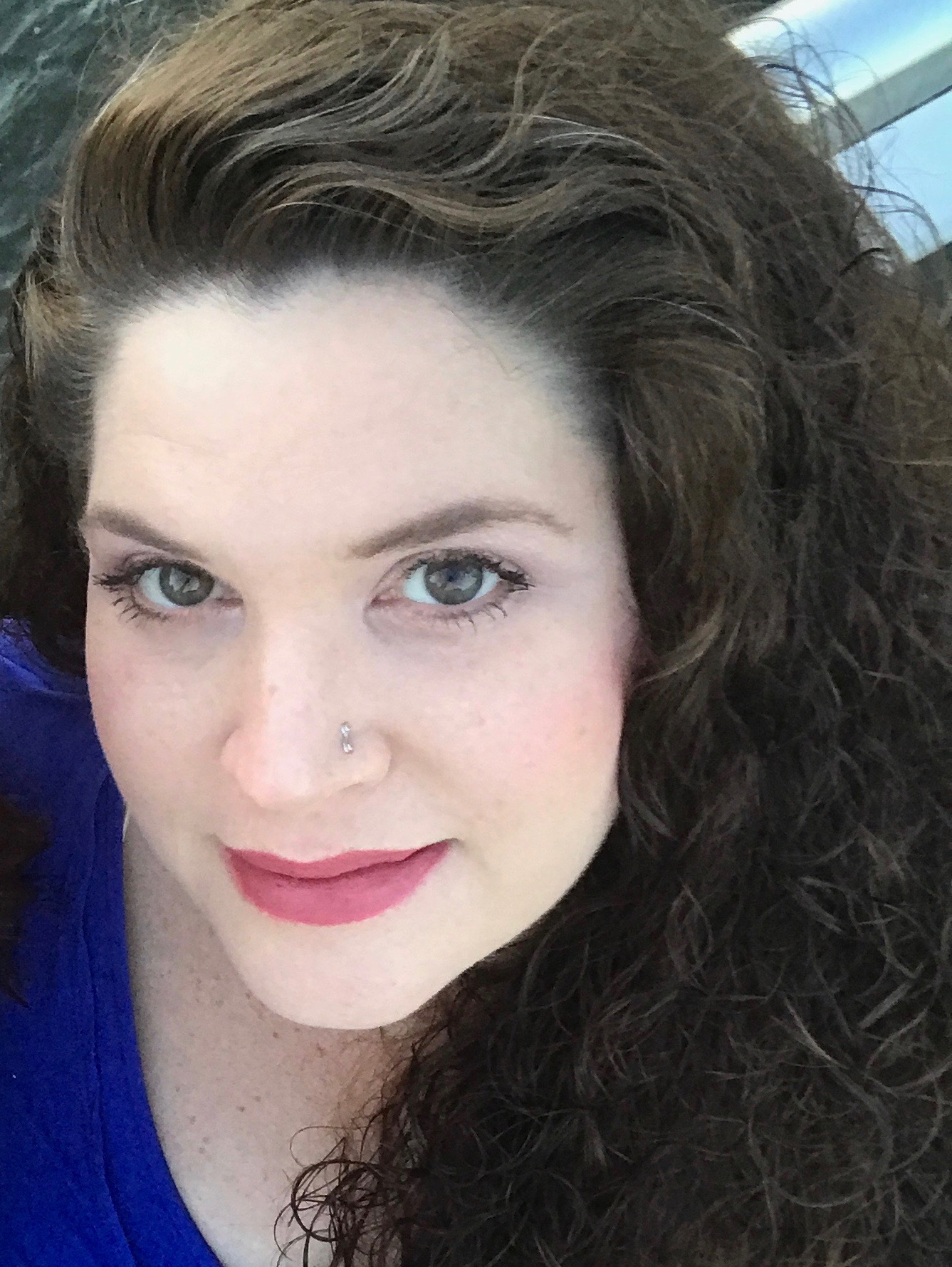Over the past several decades, great strides have been made to democratize public history. As one of the main cultural sites where public history is engaged, museums play a critical role in not only educating the public, but, increasingly, learning from the public about the past, and its significance in the present and future. Ongoing calls for deeper and more diverse forms of participation, power sharing, and collaboration have brought a wider range of perspectives and participants into the processes of producing history for public engagement. But museum practitioners’ engagement with children often remains stuck in outmoded, hierarchical dynamics that fail to recognize children’s capacities as contributors and collaborators in public historical work. Very few museum institutions engage with children as co-producers of knowledge. Exploring the possibilities and challenges of engaging with children as key knowledge-bearers and creative agents, this paper considers how children might contribute to preserving, producing, and exhibiting history that is not just for or about them, but by and with children. As experts on themselves and their experiences, children have a great deal to teach us about how to make more engaging, interactive, and inclusive exhibits and programming. Further, through museums, children can better realize their civil rights, strengthen their communities, and help produce deeper, richer public historical resources for all and future generations to enjoy. In my presentation, I will identify some of the key roles that children can play in public history museology, explore the challenges and possibilities of their participation, and present recommendations for optimizing their contributions.

Monica Eileen Patterson, PhD, is Assistant Director of Curatorial Studies in the Institute for the Comparative Study of Literature, Art, and Culture at Carleton University in Ottawa, Canada. As a scholar, curator, and activist, her work explores the intersections of memory, childhood, and racism in postcolonial Africa and beyond, and the ways in which they are represented and engaged in contemporary public spheres. Patterson is author of several articles and co-editor of two books: Curating Difficult Knowledge: Violent Pasts in Public Places (Palgrave Macmillan, 2011) and Anthrohistory: Unsettling Knowledge and Questioning Discipline (University of Michigan Press, 2011). Her latest project, “A New, Critical Children’s Museology” identifies and develops approaches to producing exhibit content not just for or about children, but by and with children across the globe.
THE TALK IS CANCELED


